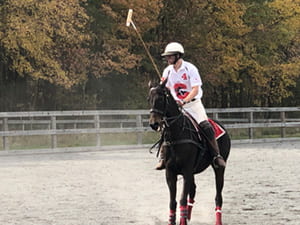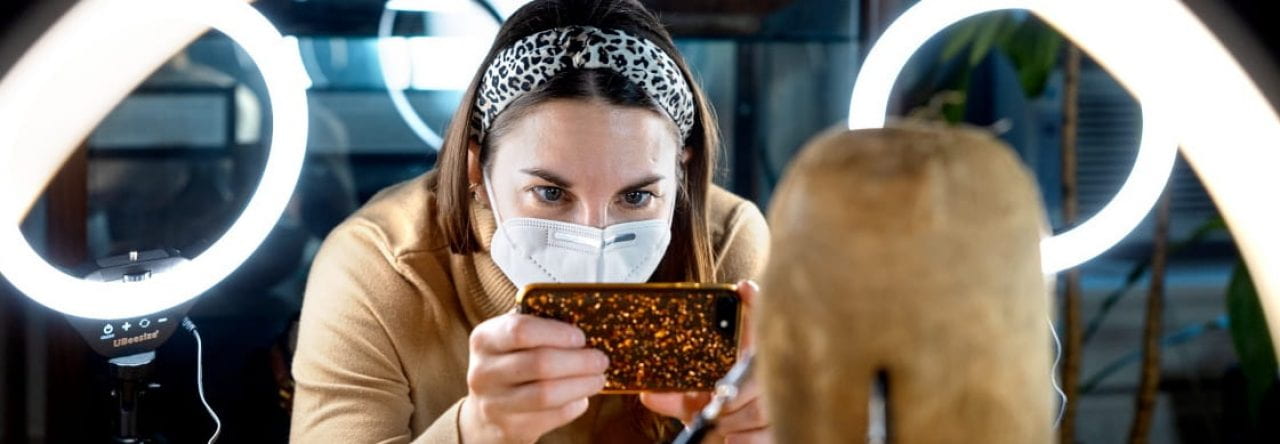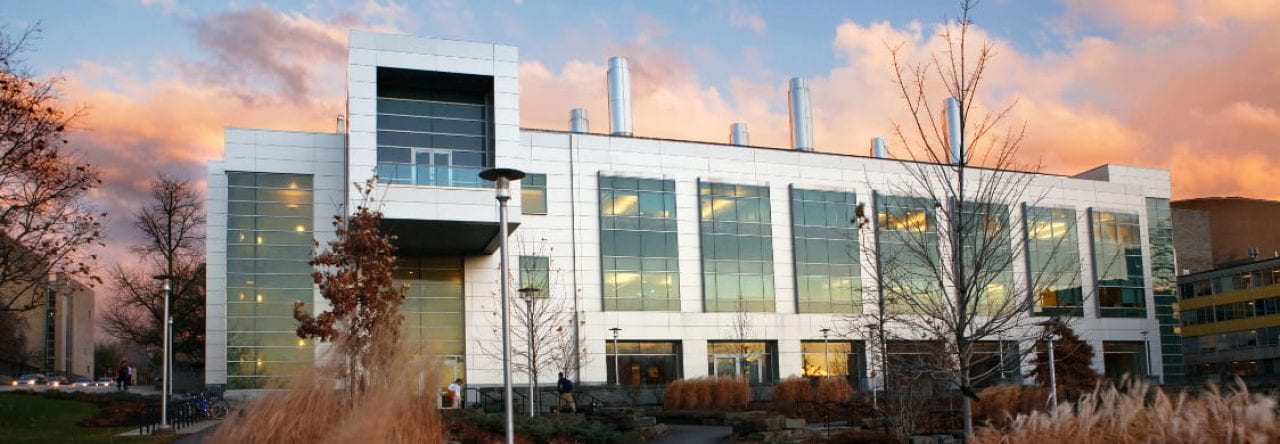Meet Grant
 Major: biomedical engineering
Major: biomedical engineering
Hometown: Woodbury, MN
Why did you choose Cornell Engineering?
The schools that I narrowed my decision down to were Washington University in St. Louis, Johns Hopkins, and Cornell. I visited all of them and found that I didn’t much care for Baltimore or St. Louis. Additionally, the fact that the biomedical (BME) program was so new at Cornell was actually a selling point for me. It meant that we would probably be worked a lot harder than at peer institutions as Cornell tried to prove that their BME students were just as good or better than those at peer institutions. The youth of the program also meant that we would have the opportunity to help shape the program. It didn’t hurt that Cornell’s campus was the most beautiful of every school I visited.
What advice might you give other students considering BME?
Never, ever be afraid to ask for help. There are so many resources in place at Cornell to help you succeed and there is no shame in getting help to be successful. It’s something I’ve always struggled with because asking for help means showing vulnerability and admitting that you don’t understand something. But I’ve come to learn over four years that no one knows everything and while it may seem that some of your peers know far more than you, I guarantee you have knowledge that they don’t. If everyone is willing to ask for help, then everyone’s knowledge increases.
What stands out to you about your Cornell BME experience so far and why?
Professor Cosgrove’s class is probably the best class I’ve taken in the BME curriculum. He’s such a great guy and truly cares about the success of all of his students. I also had a pretty weak background in coding and his class improved my ability to write code for simulations and troubleshoot. Additionally, I’ve seen some of these signaling cascades in other biology classes before, but it is so hard to imagine what is happening with all of these feedback loops. I thought it was so cool that we learned how to simulate these cascades so that by changing some initial concentrations upstream we can see how the entire cascade responds and even look at the time dependent behavior of individual components.
What’s the next step for you and who or what has led you in this direction?
Starting this summer I will be working in New York City at the Tisch Multiple Sclerosis Research Institute for a period of two years as I round out my application before applying to medical school. I am taking this path because I want to spend more time doing research to decide if I want to be an MD or an MD/PhD. It also gives me an opportunity to spend more time volunteering and shadowing before entering medical school.





